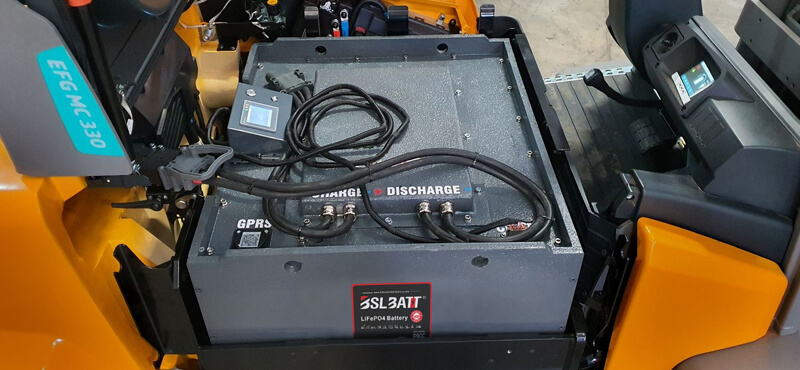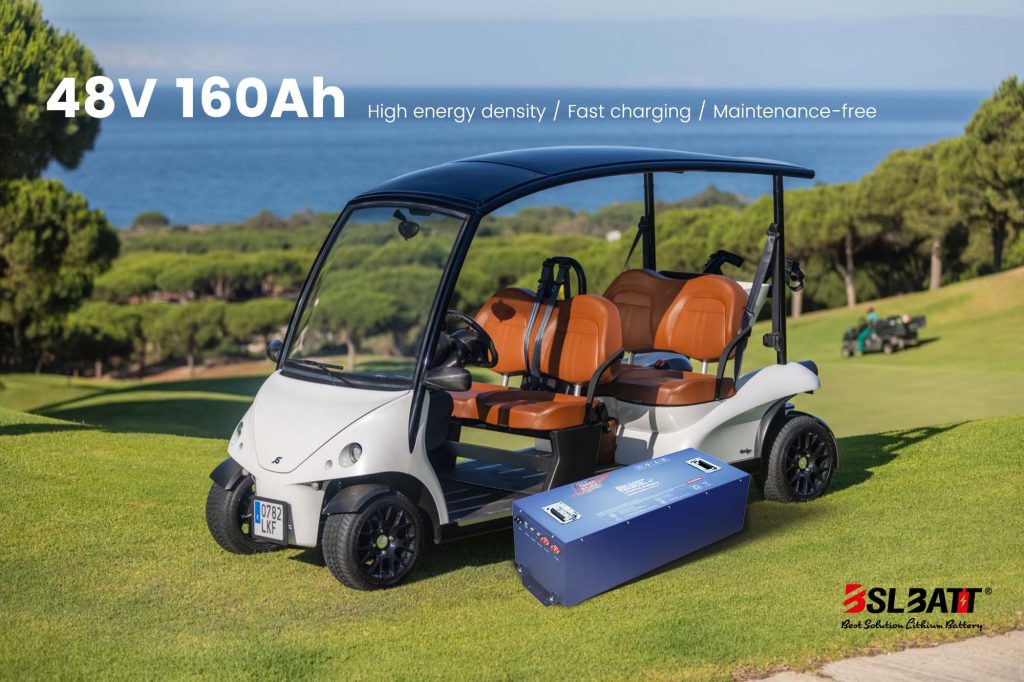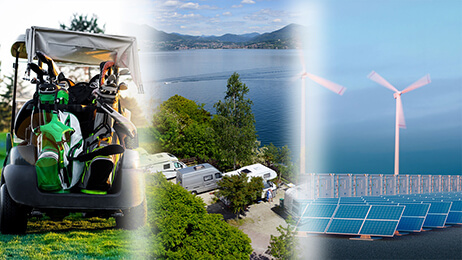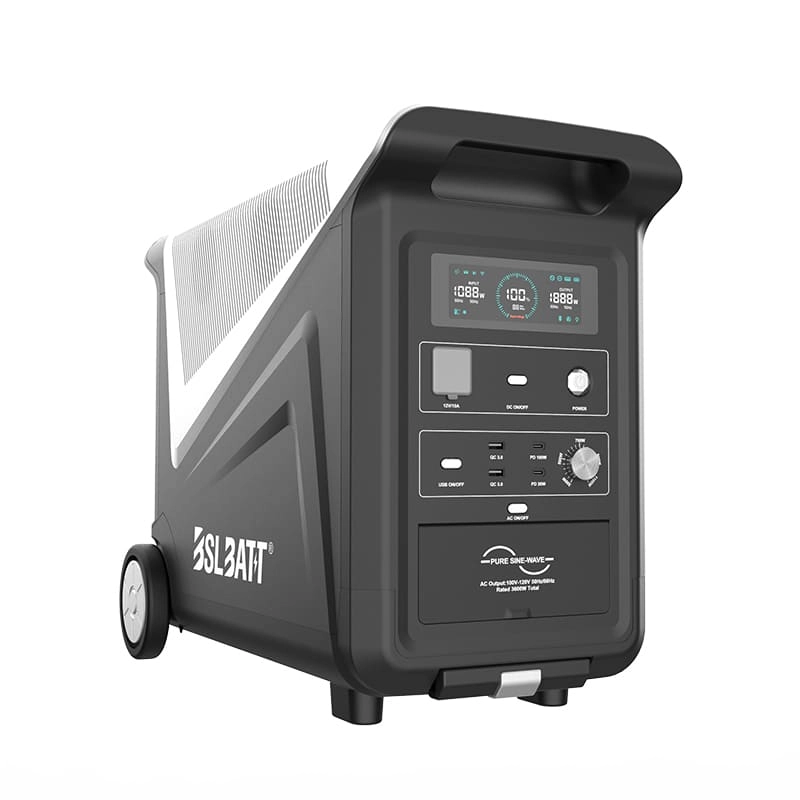Industry Application
Product Type
12 Chief Pros and Cons of Alternative Energy
| One of the hottest topics these days is alternative energy. With the ever-growing population increase, energy demand is also increasing every day. Non-renewable energy sources are limited and not friendly to the environment, and their increase or decrease in production can have a direct impact on inflation. On the other hand, alternative power sources are sustainable, renewable, environmentally friendly and, not to mention, abundant. Unlike fossil fuels, they are not going to expire soon as they are constantly replenished.
But like fossil fuels, alternative energy sources also have had their own shortcomings. They are highly dependent on weather, and any significant atmospheric change can reduce its production. Though we are not in the best position to completely switch over to renewable energy anytime soon, getting a relatively good portion of our daily energy consumption from these sources can definitely have a positive impact on your finances and the environment. While the energy debate continues on the advantages and disadvantages of alternative energy, it can be difficult on our part really determine what they are in the heat of the moment. So, here are some pros and cons for you to take into account. List of Pros of Alternative Energy1. It is reliable. If the wind always blows and the sun always rises, the reliability of alternative energy can greatly exceed that of fossil fuels. When sources for the latter run dry, the whole process needs to be moved. For the former, once its station is in place, it will generate a constant and permanent source of power. The supply of alternative energy will not be affected by strikes, trade disputes, political instabilities, and even wars, unlike fossil fuels. The wind blows and the sun shines everywhere, and each nation can tap these power sources to produce clean energy on a larger scale. 2. Its prices are stable. As mentioned earlier, the increase or decrease in fossil fuel supply can have a direct impact on inflation. As for alternative energy, its cost of production is dependent on the amount of money that is spent on the infrastructure, not on the inflated cost of natural resources. This clearly means that we can expect much more stable prices when the bulk of power is taken from renewable energy sources. 3. It produces relatively low greenhouse gas emissions. It is emphasized that most renewable energy plans have a much lower carbon footprint than that of any other fossil fuel option available. They make the environment healthier because they do not produce pollution with carbon dioxide and other toxic gases produced by fossil fuels. Aside from this, they are not going to reduce natural resources and conserve them for a long time, maybe forever. 4. Its source of energy is continuous. Alternative energy plans are focused on their capacity to supply immediate and continuous sources of power to certain areas. There is only little conversion necessary to take electricity from wind and solar generators and use it. The sun is going to shine for another billion years, which means solar energy always available for a very long time. Strong winds and moving water will also always be there to supply constant sources of energy. 5. It requires a low operational cost. Once in place, most renewable energy stations have much lower overall operational costs than those of fossil fuel extraction methods. This balances out its higher cost of development and implementation. 6. It creates larger job scales. Adopting alternative energy technologies (which are cheaper considering less amount of maintenance they need in the long run) is speculated to create a large number of jobs worldwide. In fact, millions of jobs are already created in the US and European countries that have made such a move to lower their carbon footprints. It seems to hold the future, as fossil fuels are not going to last too long and expire. Switching to renewable energy would help nations to reduce their dependence on oil, coal, and gas. 7. It makes possible the creation of micro-stations. From small wind farms to solar panels on houses, there is a wide variety of renewable energy that can be used in urban and remote areas with low-cost micro-stations. This radically decreases the waste produced in transporting energy from major stations. List of Cons of Alternative Energy1. It is vulnerable. Most of the renewable energy sources proposed today are highly vulnerable to weather and other atmospheric occurrences. They depend heavily on the wind and sun to produce energy, which means slow wind and abundant rain can reduce energy production, as it is impossible to produce energy in such conditions. Considering this downside, users should reduce energy consumption. 2. It incurs high costs for development. A huge amount of money is required to develop alternative energy stations in terms of both researching and manufacturing the necessary components. Popular ways of using fossil fuels are less costly as the construction and manufacturing processes are already in place. 3. It requires a large area for development. To produce a huge amount of renewable energy, large wind farms and large spaces for solar panels are also needed. 4. It is not capable of producing in large quantities. Unlike coal-powered electric plants and other fossil fuel facilities that produce an abundant supply of power, alternative energy stations cannot produce huge amounts of power in a short period of time. The technology they use is new, and major other factors, such as weather, can play spoilsport that hinders it from operating optimally. Simply put, users have to reduce energy consumption or set up new facilities that can produce power faster. 5. It is not available in all areas. Raw materials, such as solar intensity, wind, and water, are not available in all locations. This means there is a need to create an infrastructure for transporting energy that may not be better than what is already there. As important as understanding these pros and cons to help determine funding and policy going forward, we are struck by the apparent lack of concern about the power resources that most people have. One good way to continue this debate is by educating people on their roles and responsibilities in creating the future for the next generations. |
A Guide to Choosing the Best 48V Lithium Golf Cart Battery
Would it be worth investing in a 48V ...
10 Exciting Ways To Use Your 12V Lithium Batteries
Back in 2016 when BSLBATT first began designing what would become the first drop-in replacemen...
BSLBATT Battery Company Receives Bulk Orders from North American Customers
BSLBATT®, a China Forklift battery manufacturer specializing in the material handling indust...
Fun Find Friday: BSLBATT Battery is coming to another great LogiMAT 2022
MEET US! VETTER’S EXHIBITION YEAR 2022! LogiMAT in Stuttgart: SMART – SUSTAINABLE – SAF...
Looking for new Distributors and Dealers for BSL Lithium Batteries
BSLBATT battery is a fast-paced, high-growth (200% YoY ) hi-tech company that is leading the a...
BSLBATT to Participate at MODEX 2022 on March 28-31 in Atlanta, GA
BSLBATT is one of the largest developers, manufacturers, and integrators of lithium-ion batter...
What makes the BSLBATT the Superior Lithium Battery for your Motive Power needs?
Electric forklift and Floor Cleaning Machines owners who seek the ultimate performance will fi...





























